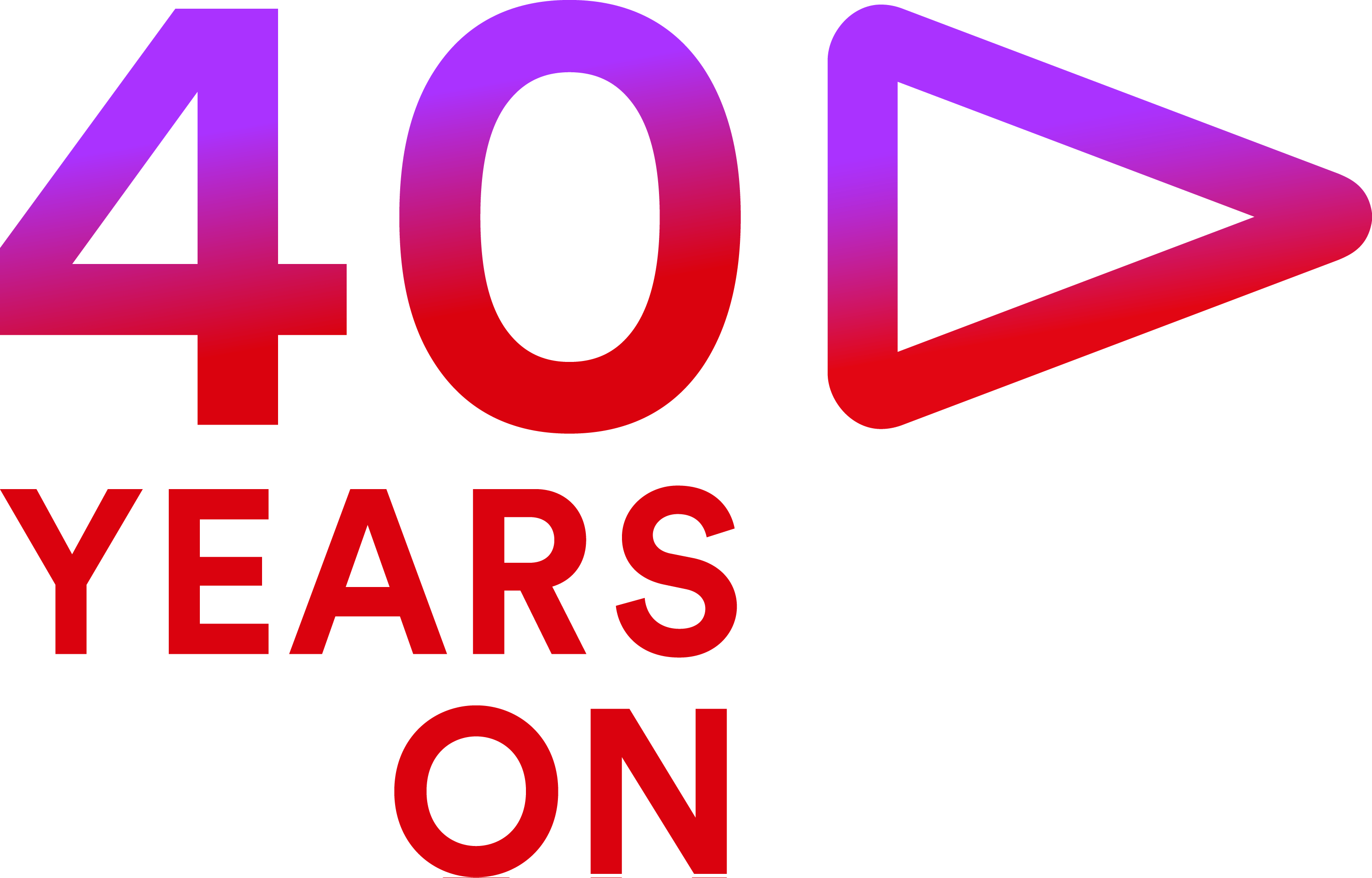Berlin, 30. August 2021 - Buckle up, turn up the volume, foot down on the accelerator: listening to the radio is part and parcel of driving a car. This is clearly apparent in the latest generation of vehicles where, despite their increasingly smart communication and entertainment systems, the emphasis is still on radio and audio, shows the VAUNET-study ‘Switch On: In-Car Audio Systems’.
Apart from linear services on FM, DAB+ and IP streaming, contemporary vehicles also offer access to non-linear on-demand, podcast and music streaming offerings – partly using manufacturers‘ own systems, but above all by pairing with smartphones, a feature now standard in all new vehicles. These are the main findings of the study ‘Switch On: In-Car Audio Systems’ published today by the VAUNET German Media Association and the Media Authority of North Rhine-Westphalia.
Marco Maier, head of Radio and Audio Services at VAUNET and CEO of broadcasting company Radio/Tele FFH: “In-car audio systems turn vehicles into mobile information and entertainment centres and have become a key decision criterion when buying a car. Customers think it’s important to have systems which are safe and easy to operate, and where the radio and audio programmes they want to hear can be located quickly. Thanks to collaborations between the radio industry and the automotive sector, systems are being tuned to meet users’ requirements, and the in-car audio experience is being perfected.”
Key findings
Radio is permanently integrated into the infotainment system on all the vehicle models examined. FM reception is available in all vehicles. Nowadays, 87.5% of the infotainment systems analysed also have DAB+ while around 50% have a permanently integrated internet radio, enabling IP streams even without being hooked up to a smartphone. All models also have the option of pairing a smartphone with the infotainment system. The most common pairing solution is Apple CarPlay (91.7%), followed by Android Auto (79.2%) and MirrorLink (25.0%). Music streaming services are already integrated into about a third of all analysed systems, the frontrunner being Spotify, ahead of Napster and Amazon Music. As an alternative to the brand’s own voice assistant, around one third of the vehicle models surveyed offer Amazon Alexa and 12.5% Google Home.
The analysis of the infotainment systems fitted shows that over nine out of ten vehicle models (91.7%) offer a dedicated menu screen to directly access radio and media content. In addition, 45.8% of the vehicles analysed have a physical button in the centre console for the direct control of radio and media content. Alongside linear radio programmes, radio and audio on-demand services can also be accessed via these menu items and buttons. But with in-car options becoming more varied, this also makes them more complex and sometimes more confusing for users.
All the vehicles examined have at least one display that can show radio and audio content. Broadcast metadata (station names and logos, artists’ names, album covers, song titles, genres, etc.) are indispensable when it comes to correctly displaying and sorting audio content.
Basis of the study and additional subprojects
For the subproject ‘Switch On: In-Car Audio Systems’, the infotainment systems in 24 vehicle models from 18 car manufacturers built between 2018 and 2021 were examined and documented. The aspects addressed included screen sizes, control types, radio and audio access methods, integrated platforms and aggregators, smartphone connectivity options, and the burgeoning area of the discoverability of radio, audio and platforms. The study was carried out by MHP Management- und IT-Beratung GmbH with the support of the Stuttgart-based Screens GmbH.
For the second subproject entitled ‘Fast Forward: The Future of In-Car Audio’ headed by VAUNET, the association is currently conducting interviews with experts from the radio and audio industry and the automotive sector. The focus here is on strategies, technological developments, and the use of data (vehicle and usage data, metadata) as well as cooperation between the radio and automotive industries. The results will be published later this year.
Both VAUNET subprojects are part of the overall study ‘On Track – Audio and Mobility Studies’, which emerged last year from the industry dialogue on in-car audio at the initiative of the Journalism Lab. The research project is being carried out by the Media Authority of North Rhine-Westphalia in collaboration with VAUNET, RTL Radio Deutschland and the Bavarian Media Network. Content support is being provided by radio NRW and Ford Germany.
Study presentation
The results of the study will be presented and discussed at the Audio Camp hosted by the Journalism Lab on 1 September 2021.
To sign up, go to: https://www.journalismuslab.de/2021/05/10/einladung-zum-audiocamp-2021/



